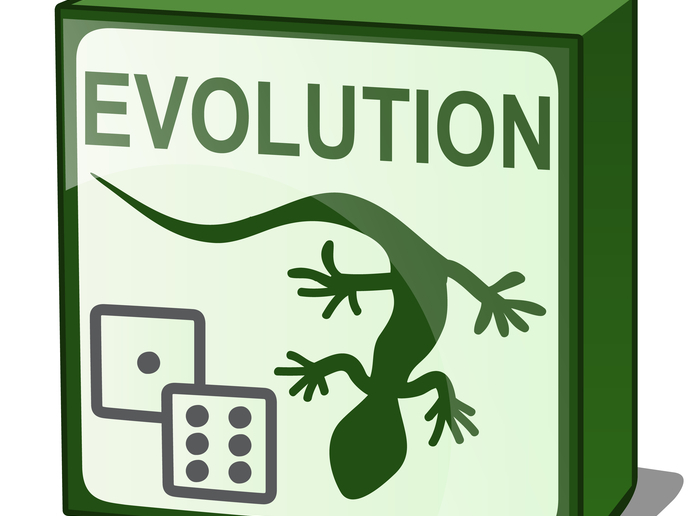Deep listening improves public health communication
Citizens rely on accurate information about public health issues. Unfortunately, fake news creates a climate of uncertainty. The prevalence of social media in modern society has increased the volume and visibility of pseudoscientific information. The FAKEOLOGY project examined ways in which misinformation propagates online and how it influences thinking, behaviour and judgement. This research was undertaken with the support of the Marie Skłodowska-Curie Actions programme(opens in new window).
COVID-19 as a case study
The COVID-19 pandemic provided an opportunity to study on a large scale how people react to misinformation. In particular, a great deal of misinformation was disseminated during the pandemic about the safety and efficacy of vaccines. Since low vaccination rates lead to resurgence of disease, safeguarding public health requires understanding how fake news operates. In order to identify and counteract fake news in the digital environment, research fellow Dimitra Dimitrakopoulou met several objectives. She investigated patterns in scientific and pseudoscientific discourses through a review of literature(opens in new window), and she conducted 50 focus groups with over 200 participants. Since the initial focus of her research was public attitudes towards childhood vaccination, a focus that changed in response to the COVID-19 pandemic, she also deployed a large-scale survey related to vaccination of children under 11 years of age. FAKEOLOGY worked with state-of-the-art media analytics tools developed at MIT Media Lab and science communication research from the University of Zurich to develop an analytic model that can be applied to studying truth and falsehood in a digital environment. While social media exacerbates the spread of fake news, it also has the potential to solve the problem. One aspect of the solution is rapidly identifying fake news when it appears. Another aspect is tuning public health messaging so that it makes recipients feel calm and certain rather than overwhelmed by what they are hearing.
Deep listening shapes public thinking
Investigating what constitutes effective messaging, including health information distributed by journalists, medical experts and policymakers, was a major aim of FAKEOLOGY. Traditionally such messaging follows a top-down approach, with little feedback from the public. By studying how public health agencies communicate about vaccines and how the public responds, Dimitrakopoulou developed a Generative Dialogue Framework(opens in new window), a deep listening approach, to facilitate effective messaging. Her framework(opens in new window) was tested in a diversity of settings, including journalistic engagement with audiences regarding COVID-19 vaccination. Effective messaging must be responsive to the thoughts and feelings of the public. According to Dimitrakopoulou: “In order to address misinformation, we need to introduce and accommodate initiatives that foster deep and insightful conversations with people to understand how their personal experiences have influenced the way they think and feel about the topic.” While the WHO has announced(opens in new window) that COVID-19 is no longer a public health emergency of international concern, experts agree that the world should take the lessons of this pandemic to prepare for the future. According to Dimitrakopoulou: “While FAKEOLOGY has focused on COVID-19 vaccination, the framework can easily be expanded and applied to other example cases, such as attitudes and perceptions towards future follow-up vaccinations for the coronavirus, or vaccination efforts in general.” Dimitrakopoulou continues to expand her research(opens in new window) in designing creative, participatory, and engaging methods to empower participants.







